42 شانِ صحابہ کرام
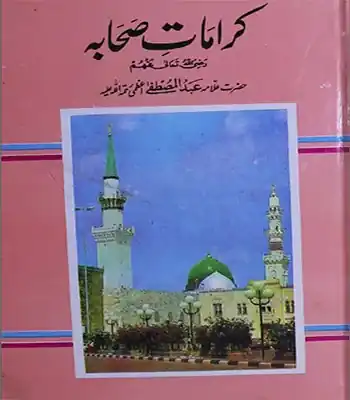
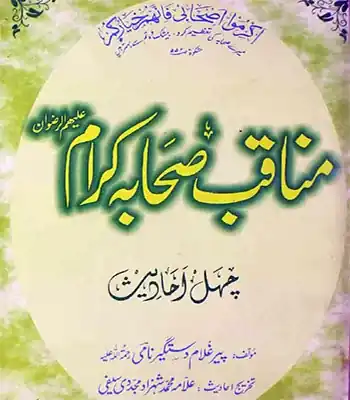
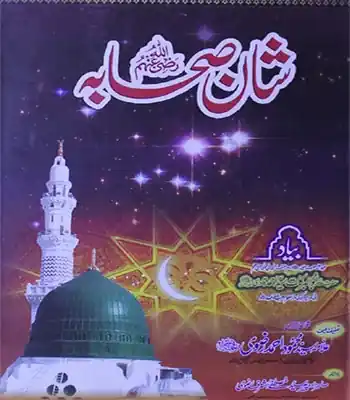

 K Feesly.webp)
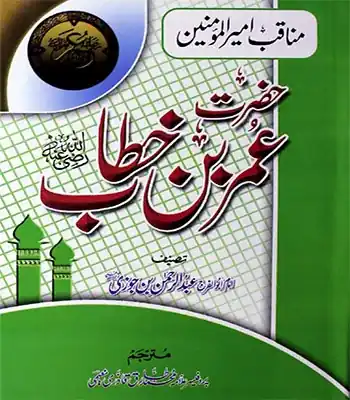
Hazrat Umar Bin Khatab
Hazrat Abdur Rehman Bin Jouzi Rehmat Ullah Alaih
File Size = 7.76 MB
Download Book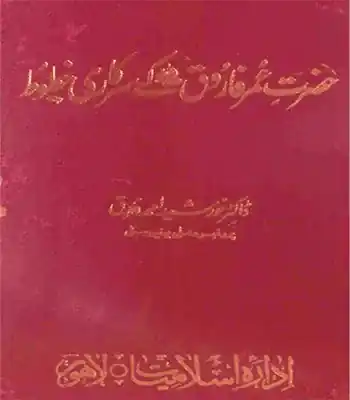
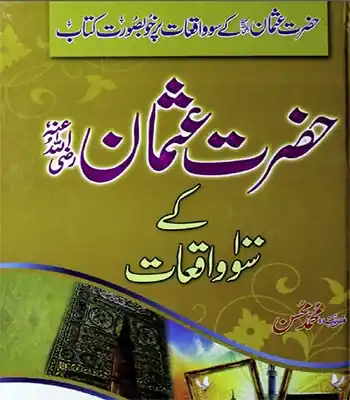
 K Feesly.webp)
Hazrat Usman-e-Gani Razi Allah Anhu K Feesly
Muhammad Abdullah Madni
File Size = 8.08 MB
Download Book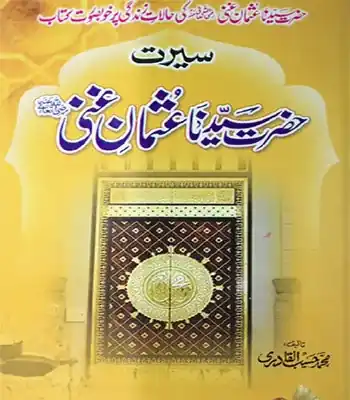
Seerat Hazrat Usman Ghani Razi Allah Anhu
Muhammad Haseeb Ul Qadri
File Size = 11.4 MB
Download Book K Feesly.webp)
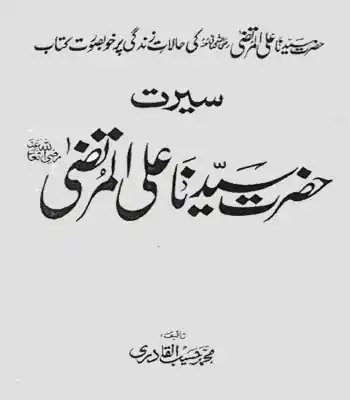
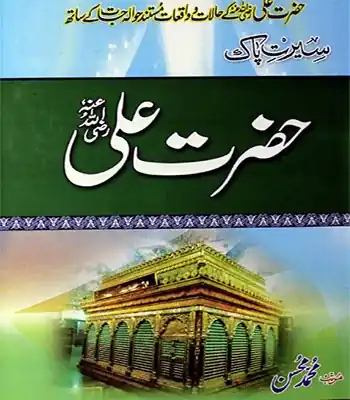
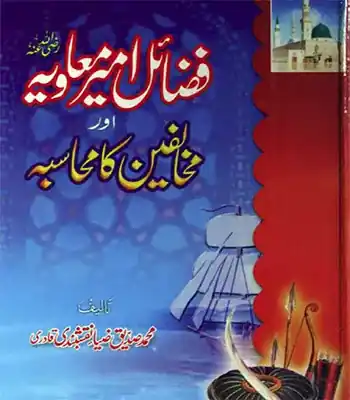
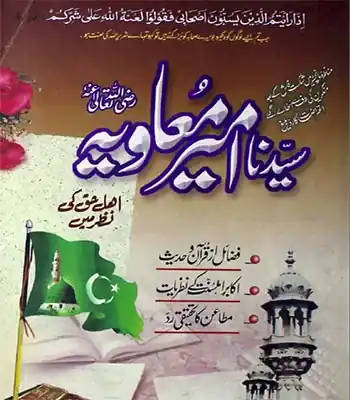
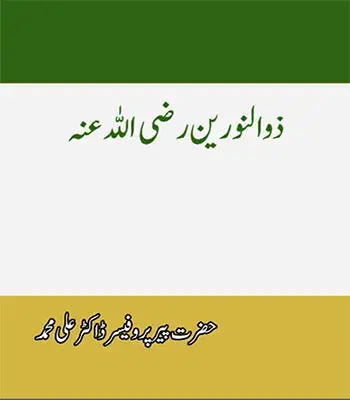
Zun Noorain Razi Allah Anhu
Hazrat Peer Prof. Dr. Ali Muhammad Damat Barakatu
File Size = 3.92 MB
Download Book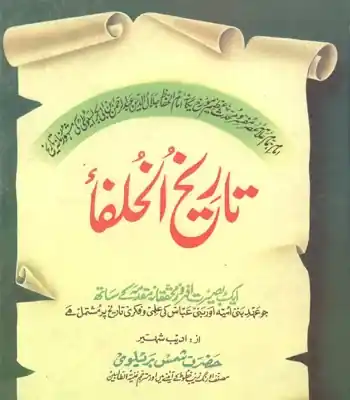
Tarikh E Khulfa
Hazrat Imam Jalal Ud din Sayyuti Rehmat Ullah Alaih
File Size = 30.6 MB
Download Book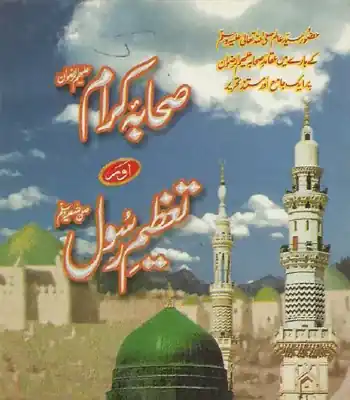
Sahaba Karam AurTazeem e Rasool
Muhammad Saleh Qadri Rehmat Ullah Alaih
File Size = 3.15 MB
Download Book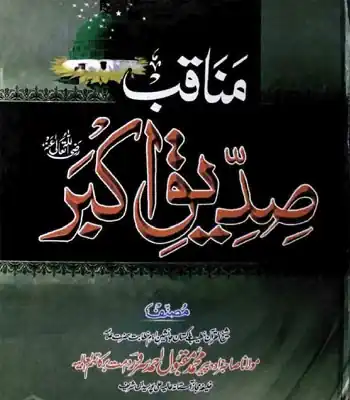
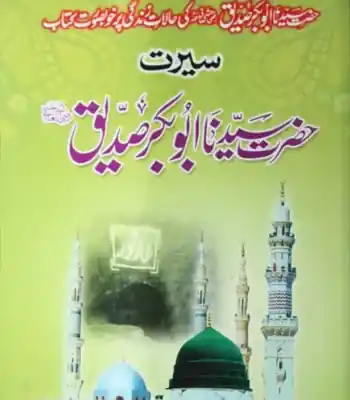
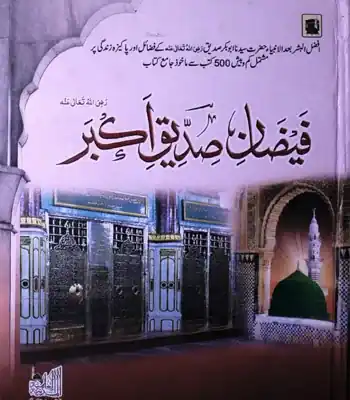
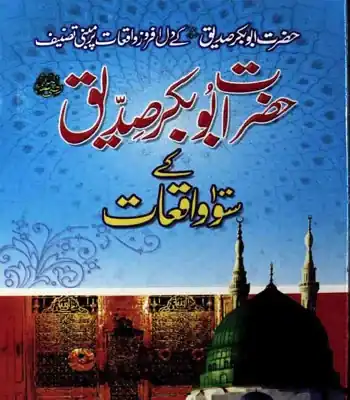
Hazrat Abubakr Siddiq Razi Allah Anhu Ke 100 Waqiaat
Allama Muhammad Masud Qadri
File Size = 6.36 MB
Download Book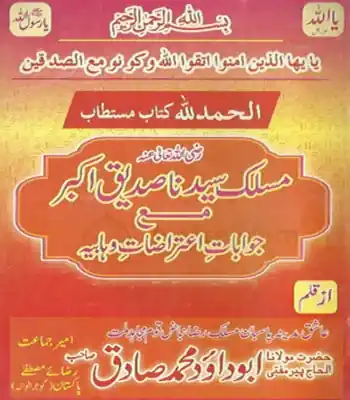
Maslik Syedna Siddiq e Akbar Razi Allah Anhu
Hazrat Peer Abu Dawood Sadiq Rehmat Ullah Alaih
File Size = 2.91 MB
Download Book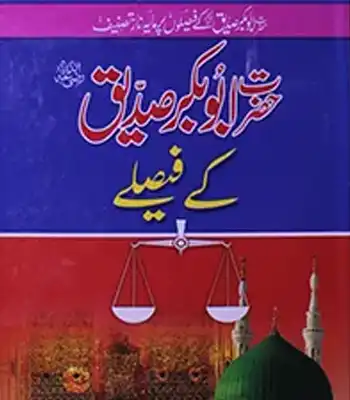
HAZRAT ABU BAKR SIDDIQ Razi Allah Anhu KY FAISLAY
Allama Muhammad Masud Qadri
File Size = 7.38 MB
Download Book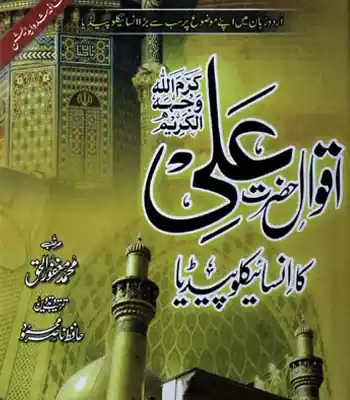
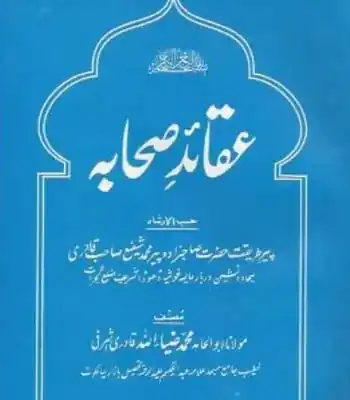
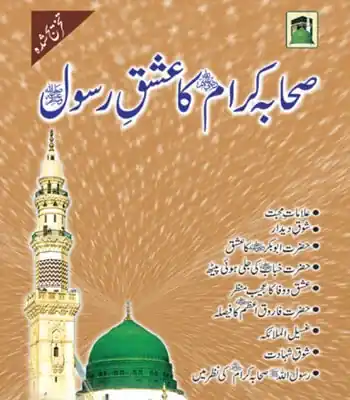
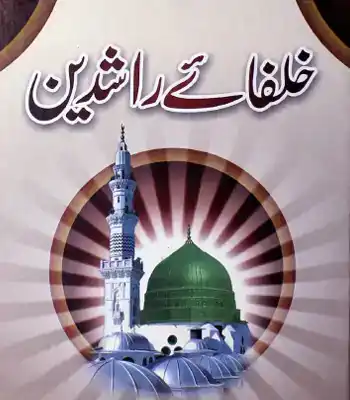
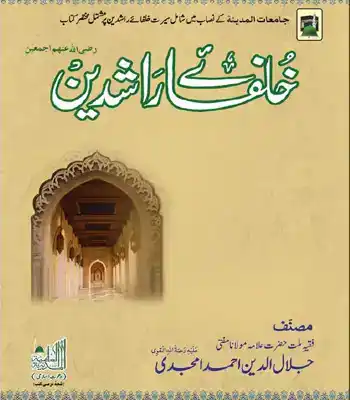
khulfa-e-Rashideen
Hazrat Maulana Jalal ud din Ahmed Amjadi Rehmat Ullah Alaih
File Size = 4.79 MB
Download Book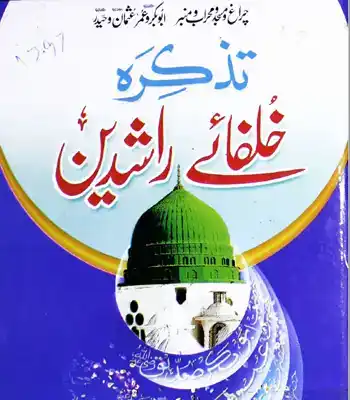
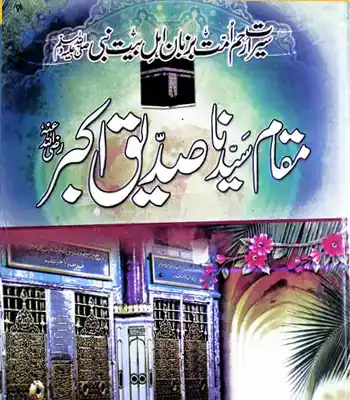
Muqaam e Syedna Siddiq e Akbar Razi Allah Anhu
Allama Ali Ahmad Sandailvi
File Size = 5.09 MB
Download Book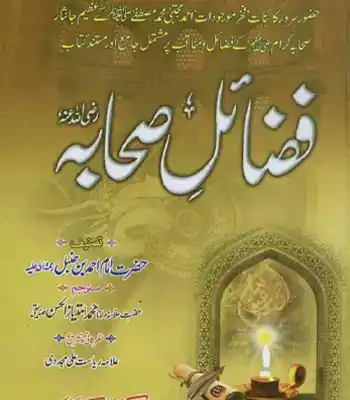

Sahaba Ke Tara Iman Lao
Hazrat Peer Prof. Dr. Ali Muhammad Damat Barkatu
File Size = 7.05 MB
Download Book Al-Sulabi.webp)
.webp)
Seerat-Sayyadna-Ali-Al-Murtaza Razi Allah Anhu
Malana Muhammad Nafeh
File Size = 9.91 MB
Download Book
Al Sabeen fi Fazayil Hazrat Ali Karam ullah wajho
syed ameer kabeer ali hamadani Rehmat Ullah Alaih
File Size = 11.0 MB
Download Book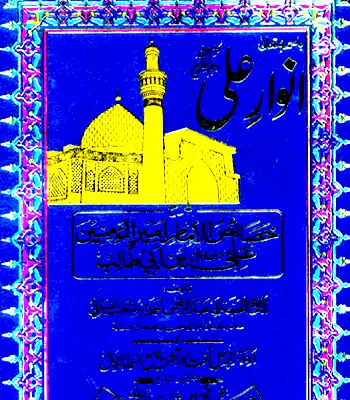
Anwaar-e-Ali-karam-allaho-wajhu
Translate: Muhammad Ameer Shah Qadri Gilani
File Size = 7.09
Download Book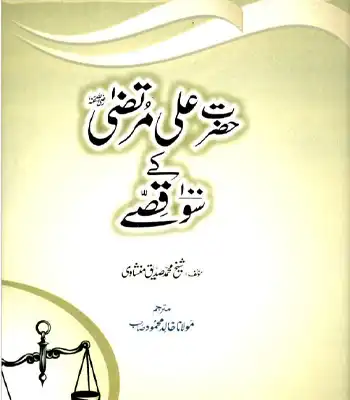
Hazrat Ali Murtaza Rehmat Ullah Alaih Kay 100 Qissay
Shaikh Muhammad Siddique
File Size = 1.66 MB
Download Book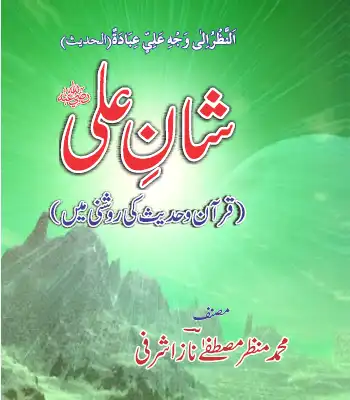
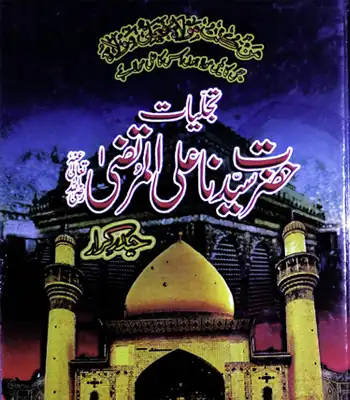
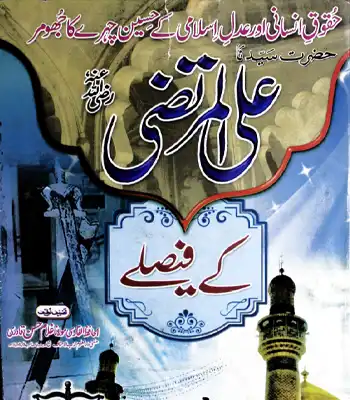
Hazrat Ali Murtaza Razi Allah Anhu Kay Faislay
Al Hafiz Qari Maulana Ghulam Hassan Qadri
File Size = 85.1 MB
Download Book
Fazail-e-Sahaba-wa-AhleBait
Hazrat Syed Tarabul Haq Shah Qadri Rehmat Ullah Alaih
File Size = 20.0 MB
Download Book